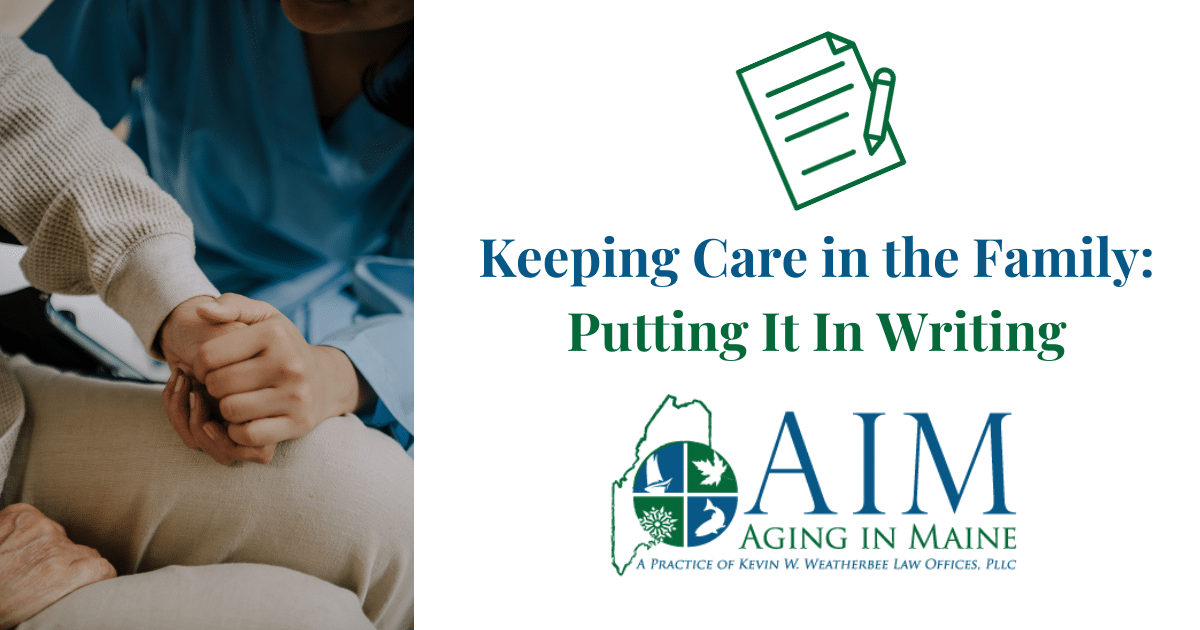Almost every adult has an estate. By merely living your life, you gather various estate components, including your home, car, bank accounts, and more. Eventually, someone will need to take care of these matters if you pass away or become incapacitated.
Let’s dispel a common myth right now:
Your estate plan is not solely for after your death.
Yes, estate plans contain all the documents your loved ones will need to settle your affairs after you’re gone. However, they also include crucial documents that can help your family manage your care and finances if you become ill or injured. This is essential when you cannot make decisions or communicate your wishes.
Without an estate plan, if you become incapacitated or die, you leave much of the decision-making to the state.
If you die without a Last Will and Testament or Living Trust, the state will distribute your assets to the appropriate beneficiaries as defined by your state’s laws. Similarly, if you become incapacitated without a Living Will or Power of Attorney, the state will appoint someone to make medical, financial, real estate, and even family decisions on your behalf, such as who will care for your children.
If you’re not keen on the idea of having no control, start your estate planning today.




